Article 216: An interactive archive of Bulgaria’s queer history
Queer Bulgarians have always been around
Queer love stories aren’t a recent discovery; they have always existed because, wherever there is humanity, there is love. ‘Article 216’ aims to validate this through an interactive and immersive website that gives visibility to a community that’s been largely erased.
Born in Bulgaria, Borislav has a vision of putting queer people and their history on the map. In ‘Article 216’, Borislav aims to tell the world the story of LGBT+ people in Bulgaria and their struggle throughout history through a collection of films, music, visuals and art.

Borislav
The name, ‘Article 216’, comes from the first piece of legislature in Bulgaria that refers to homosexuality. The article, written in 1896, states that sexual relations between men and persons under the age of 16 should result in imprisonment for no less than 6 months. Although controversial, the law debunks a myth in Eastern Europe and Bulgaria that the LGBT+ presence in society is a recent thing. When Borislav stumbled across the article, it was enough to trigger an avalanche of ideas, which resulted in this beautifully poignant project.
In Conversation with Borislav:
Why this project? Why now?
I feel most comfortable with expressing myself through art. So, this is the direction the project took. It is a personal endeavour because my younger self needed to hear this years ago. Maybe there’s a young Borislav struggling with his sexuality who’s going to see the project and feel a bit better.
Did you find anything unexpected when discovering Bulgaria’s LGBTQ+ history?
Sadly, the historical sources that are available are extremely scarce and it’s impossible to paint the full picture of Bulgaria’s LGBTQ+ history. ‘Article 216’ itself was surprising to me. I stumbled upon it online and it took me by surprise, as it was written in black on white that queer people have existed on these lands for a long time. This fact goes against the notion that other-than-straight orientations are a product of our modern times.
What is the attitude towards queer people in Bulgaria today, and has this changed from historical perceptions?
As with a lot of other countries in the world, Bulgaria also has a pretty big divide between those who embrace queer people and those who vehemently oppose them. Of course, there are also those in the middle who don’t have an opinion. My project tries to address all three groups in different ways.
The process of fully accepting LGBTQ+ people in Bulgarian society is not linear—even last year, around the elections, some right-wing politicians tried to win votes by playing on the fear of queer people—but the overall trend is positive, I think. I hope.
There is a perception in some Eastern European countries that queer people don’t exist in their societies. And, if there are some queer people, they are a minority. What would you say to this?
I think Bulgarians see that queer people exist in society. Even the homophobes won’t deny that. Their most popular talking points are that homosexuality is a product of “The New World Order” and of The West, and that it has been imported into our country by the media and entertainment industry or non-governmental organisations. To paraphrase some of them: The European Union is trying to break our traditional culture.
All of this is a conspiracy theory that, unfortunately, sounds believable to many. What I have to say on the issue is inside of the project—the lyrics, the scenes, the drawings. To sum it up for our readers: queer people have existed throughout history all over the world, including in Bulgaria and there is some evidence to prove that. My wish is for more sources to be uncovered so that we can reassemble this erased part of history.
In Bulgaria, is there a desire for a European style future?
Definitely. From where I stand, it seems that the majority is striving to achieve what some European countries already have; to have a tolerant, modern society. But this is another issue that showcases the divide within society. There’s a group of people that romanticises Russia and how the government is running things there.
Do you feel pressure from Russia in Bulgarian society?
There is a common understanding that there are foreign governments that try to influence public opinion through social media bots, paid commenters and fake news. I’m not competent enough to say where this pressure is coming from, but many would say Russia is one of the main players.
What would you like to tell the world about Bulgarian queer history?
The main takeaway is that Bulgarian queer history exists. That’s not something unique or special, but it’s important to remember because queer history is world history. Every country, tribe and community have it because gay and trans people are born everywhere. Also, the apparent lack of queer history is history in and of itself and it’s most certainly a symptom of systematic erasure and oppression against queer people.

Image from ‘Article 216’
What message would you like to portray of queer people and the queer situation in Bulgaria today?
I would like queer people in Bulgaria to feel inspired and continue the good fight. Hopefully, the project shows them that they too have ancestors of whom they can be proud.
What are your hopes for the future?
We need to dream of a better tomorrow in which we are all free to live authentically and love freely. Half of the project ‘Article 216’ is about that—recreating the image of our queer ancestors and showing them in a positive light: instead of prosecuted, they are comfortable and free. We need to strive for liberty, for us and for those who were here before.
‘Article 216’ is also supported by Single Step Foundation, whose accelerator for digital projects on social topics Digital Indie Lab supported the first steps of the project.
Explore Article 216, here.



